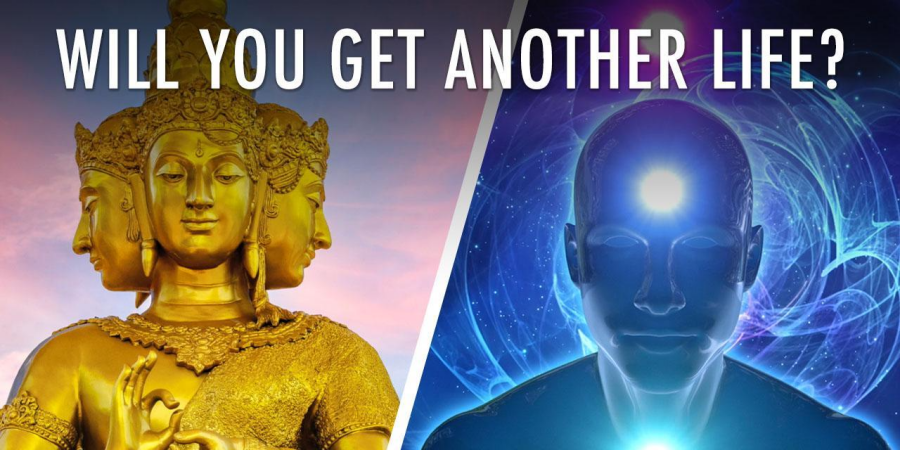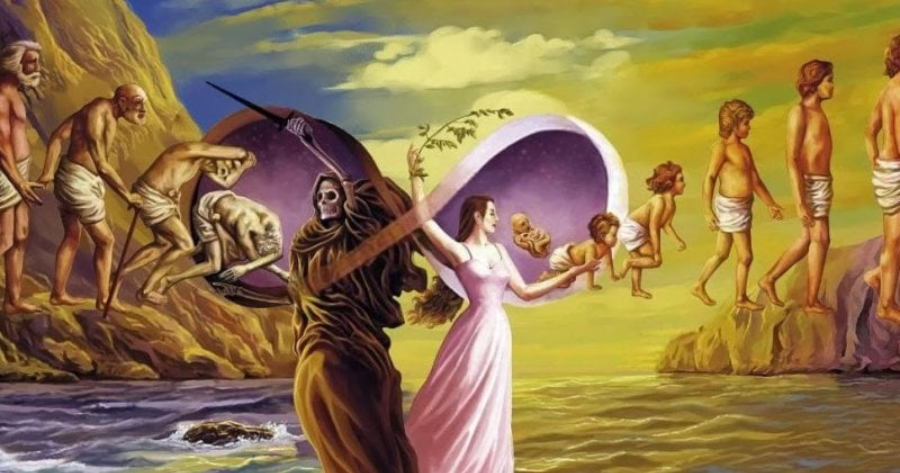

Title: Exploring the Enigma of Reincarnation: A Window into the Mysteries of Life and Death
Reincarnation, the age-old concept of the soul's journey through multiple lives, has fascinated and perplexed humanity for centuries. Rooted in various religious and spiritual traditions, the belief in reincarnation posits that after death, the soul returns to inhabit a new body, carrying forward the karmic imprints of past actions. This notion offers a profound perspective on the cycle of birth, death, and rebirth, inviting contemplation on the nature of existence itself.
Across cultures, reincarnation has been embraced as a fundamental tenet of faith, shaping worldviews and guiding moral conduct. In Hinduism, the concept of samsara depicts the eternal cycle of reincarnation, where the soul evolves through successive lifetimes towards eventual liberation, or moksha. Similarly, Tibetan Buddhism emphasizes the importance of karma and rebirth, with the Dalai Lama recognized as the spiritual leader believed to be continuously reincarnated to guide his people.
Beyond religious doctrine, modern explorations into reincarnation have captured public interest through compelling accounts of past-life memories and regression therapy. Researchers like Dr. Ian Stevenson have dedicated decades to investigating cases suggestive of reincarnation, documenting thousands of remarkable accounts of individuals recalling detailed memories from previous lives, often verified through historical research.
Critics of reincarnation argue that such memories could be attributed to cultural influences, fantasies, or cryptomnesia, the subconscious recollection of forgotten information. However, proponents point to cases where individuals recall obscure details, languages, and locations unknown to them in their current lives, suggesting a deeper, metaphysical explanation.
Psychiatrist Carl Jung viewed reincarnation as a symbolic expression of the psyche's quest for wholeness, interpreting past-life memories as manifestations of the collective unconscious. From this perspective, reincarnation serves as a powerful metaphor for personal growth and transformation, inviting individuals to confront unresolved issues and integrate forgotten aspects of the self.
The implications of reincarnation extend beyond individual belief systems, raising profound questions about the nature of consciousness and the interconnectedness of all life. If consciousness persists beyond death, what does this suggest about the ultimate purpose of existence? Does the journey of the soul reflect a universal quest for enlightenment and self-realization?
In an age marked by scientific inquiry and skepticism, the concept of reincarnation remains a subject of both fascination and debate. While empirical evidence may be elusive, the enduring allure of reincarnation lies in its capacity to inspire wonder, prompting humanity to ponder the mysteries of life, death, and the eternal journey of the soul. Whether viewed as a religious doctrine, a psychological phenomenon, or a metaphorical framework, reincarnation continues to invite exploration into the timeless enigma of human existence.
…🌸🌸🌸…
